In the passenger seat with Hong Tsui, founder of Singapore's 9tro

Hong Tsui is an exceptional individual known by many in the local automotive scene. In this episode of In The Passenger Seat, we speak with the man himself to learn more about his experience of running 9tro, one of the most successful automotive media companies in South East Asia.
Hong founded 9tro in 2009 to build a community for like-minded enthusiasts in South-East Asia to connect and fuel their love for cars and motorcycles. Today, we get him to share his thoughts on the automotive scene and recall his experience of starting 9tro 11 years ago.
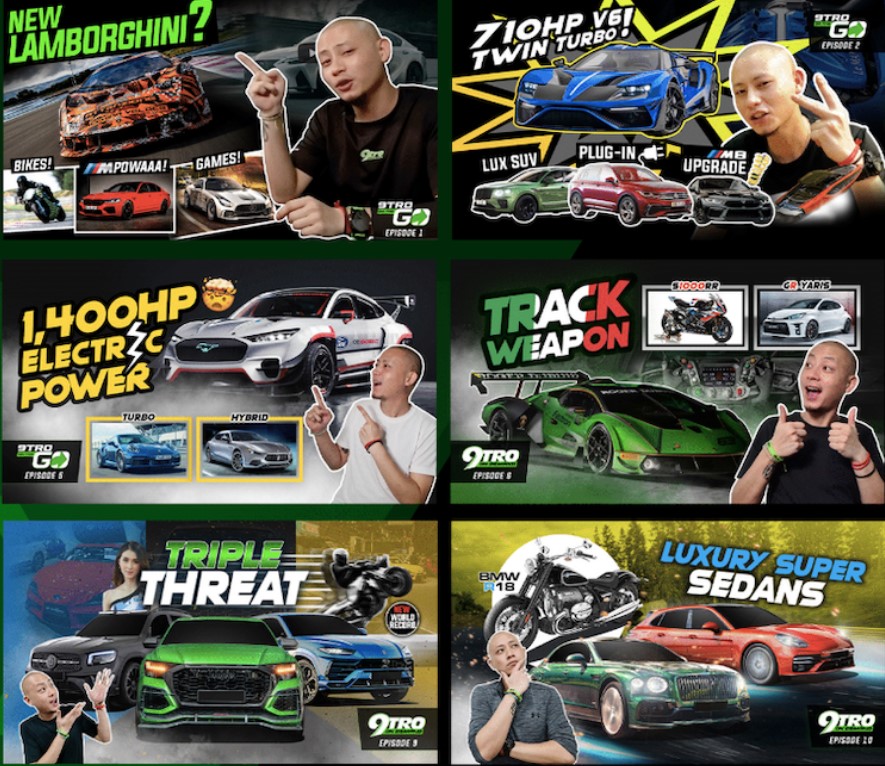
Hello, fans and readers of Motorist! On behalf of Team 9tro, thanks for having me!
9tro was first founded on the 17th of December 2009, and we started as a monthly publication distributed in Singapore and Malaysia. After three years and staying in-sync with consumer and readership behaviour changes, we shifted from print to digital in early 2013.
We launched our online platform as our main content-delivery format. This approach has worked well until the unfortunate circumstances of Covid-19. Since mid-2020, it has shifted direction again with the introduction of ‘ 9tro On Demand ’, a weekly automotive-lifestyle show.
Over the years, we continue to try our best to produce quality and relevant content to our readers while also adapting to our landscape’s never-ending changes.
I serve as the publisher, but I also double up as a photographer, writer, and host, as we have a small and agile team.
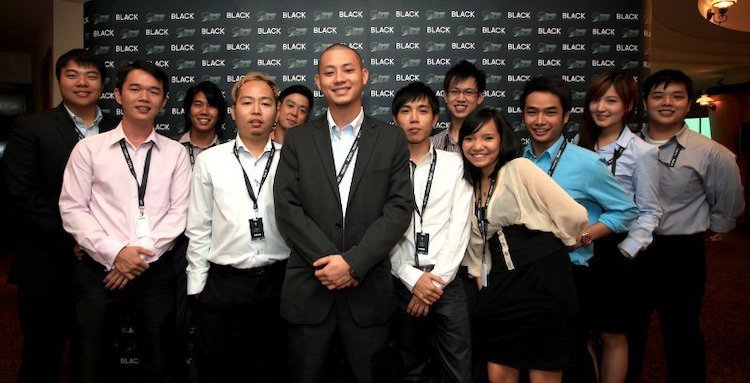
As a media platform, 9tro’s core objective has always been to create and source relevant and interesting content to engage and entertain readers.
Our objective has, of course, changed with the times with regards to the industry, not just on how the content is delivered, but also the type of content being delivered.
We have a relatively diverse group of readers, all with varying passions, and we try our best to cater to as wide an audience as possible.
Similarly, we also see ourselves as a conduit for the community of like-minded enthusiasts, playing a role in building and bridging various groups and aspects of the industry together.
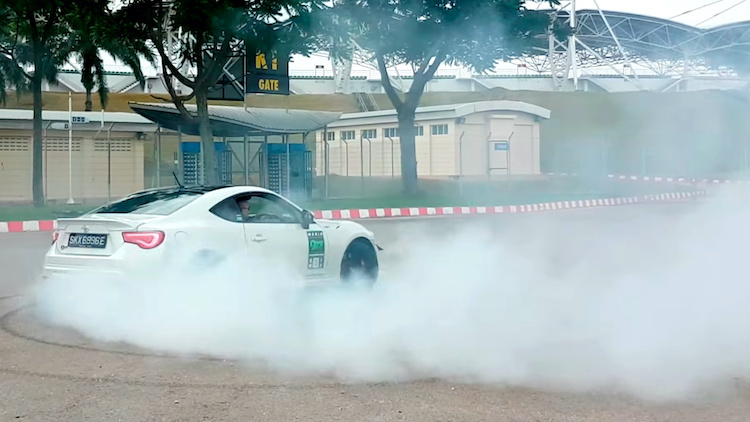
My earliest memory will definitely be when I was about three or four-years-old, sitting at the back of a taxi cab with my parents, ambitiously (albeit inaccurately) naming the make and model of the cars we passed.
Clearly, I didn’t know what passion meant, and it wasn’t till I was around 9 when I received my first copy of ‘Tamiya Model Magazine’. That was when I started to truly fall in love with cars and motorcycles.
Building model cars (and tanks) was probably how my passion was fueled, by learning about different parts and components, understanding and appreciating the complexity of it all.
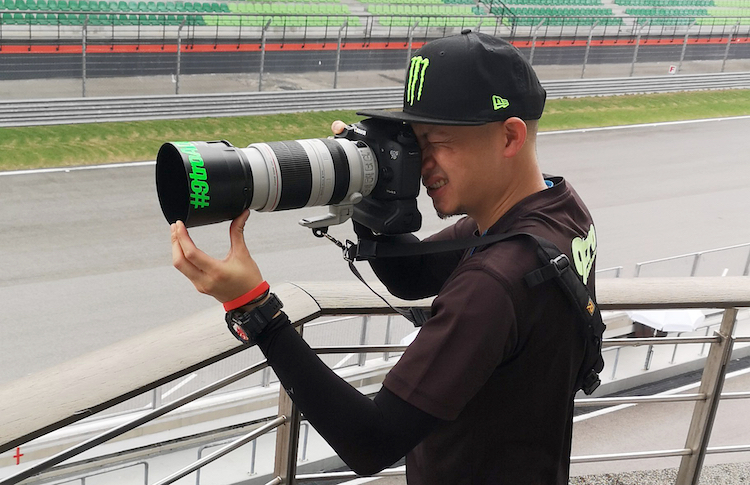
Photography was something I picked up in high school, by learning to shoot with manual film cameras (my first camera was a hand-me-down Minolta from my dad) and as well as developing both film and prints.
I only shot only in black and white and made flowers my main subject matter most of the time. The challenge to myself was to (try and) bring the beauty of colourful flowers to life, without the aid of its natural vibrancy.
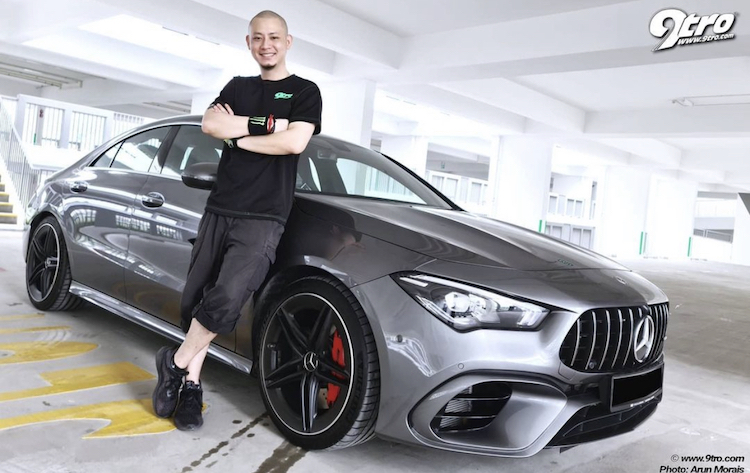
Unfortunately, I will not be able to answer this question in detail because I am unequivocally a fan of all things on two or four wheels.
The sense of excitement I get preparing for a photoshoot with a classic Vespa or a Lamborghini is identical on every level (This is not me trying to be politically-correct, but indeed a true reflection of how I feel).

I have been very fortunate to have had the opportunity to own many cars and motorcycles, and two of my favourites were my Honda EG6 and my Aston Martin V8 Vantage.
Both were stick-shift variants because nothing connects you to your car better than a stick-shift transmission. Having said that, I like to think that regardless of make or model, driving and riding should always feel like an occasion on itself, even if one were to drive or ride to the convenience store for snacks.
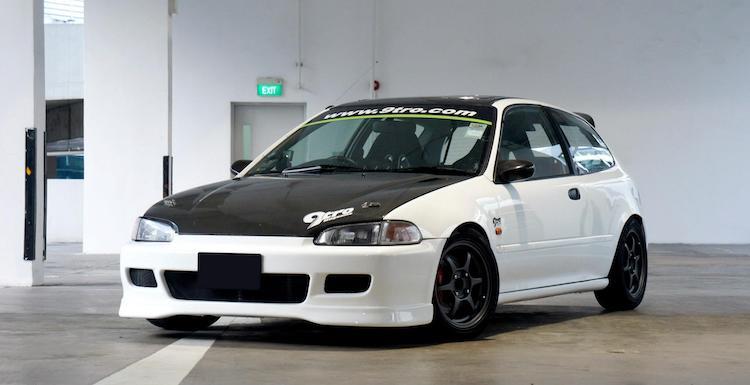
It is the raw emotion of travelling from one place to another, in one of humanity’s most significant and revolutionary inventions that should bring out the greatest joy for all enthusiasts!
This is another hard-to-respond question. After 11 years at the helm, it goes without saying that there have been numerous ups and downs throughout the journey.
There were many sleepless nights on overnight trains and fighting jet lag while trying to outperform competitors. We also celebrated wins and victories and picked ourselves up after mistakes and failures.
However, none of these experiences would mean anything without having the team alongside me; and at risk of sounding cliché, the best memories will always be those shared with teammates!
While not all experiences are enjoyable, every current and former teammate played a role in bringing 9tro to where it is today, and for that, I will forever be grateful.
[embed]https://www.youtube.com/watch?v=njgjT-0DYRI&feature=emb_logo[/embed]
It has indeed been a challenging year for everyone, and until there are cures (not just vaccines) created, we will most likely need to continue with the ‘new normal’ for a long time ahead. This unfortunate situation has significantly affected many industries, including ours.
As all companies and organisations shift toward a more digital environment, we will have to adapt accordingly. There are some new ideas we will be implementing in 2021, and all we can do for now will be to keep our fingers and toes tightly crossed.
In the meantime, it is our responsibility to ensure we keep ourselves and those around us as safe as possible.
If I may, I’ll also like to take this opportunity to thank all frontline workers and volunteers who have sacrificed their time, energy and resources in the battle against Covid-19.
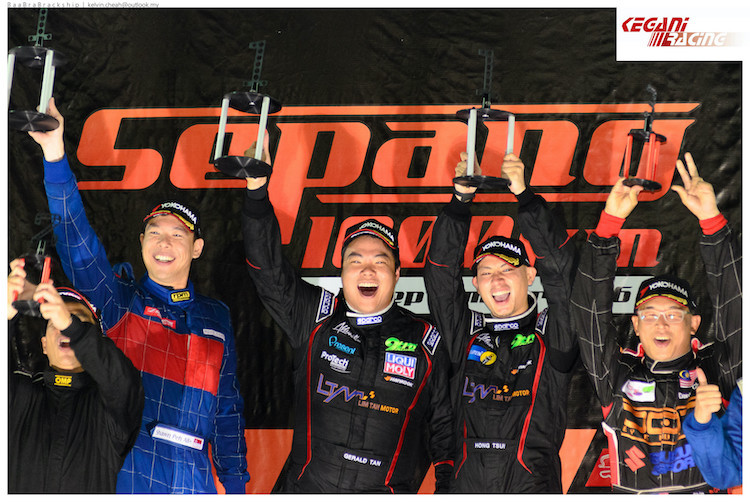
My first track-day experience was sometime back in 2005/2006, heading up to Sepang Circuit with a few friends and the Traction Circle Club. Like most people, our first experiences are usually the most memorable ones, and for me, it was not understanding racing lines and braking markers, and learning along the way.
My first FIA sanctioned race was with the Singapore Motor Sports Association (SMSA), competing in the Singapore Touring Car Challenge at Johor Circuit in 2010.
But the best memory had to be winning the 2016 Sepang 1000km Endurance Race (Independent Class). Standing on the top step of a podium was definitely a great moment.
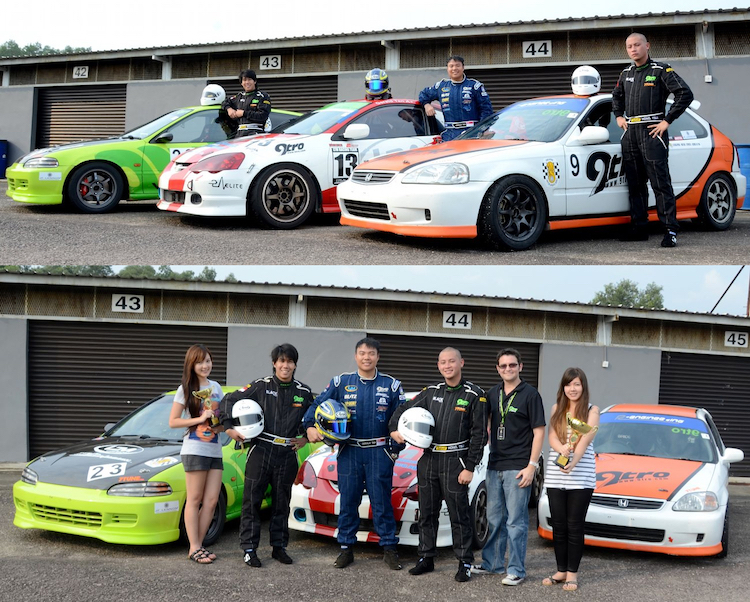
Singapore will forever be a unique place for the automotive scene, due to its lack of land, high costs and taxes. This creates a high barrier of entry for enthusiasts.
While I believe most Singaporeans understand the logic behind the various limitations and restrictions regarding vehicle ownership, the sad and brutal truth is that there aren’t many alternatives available.
Suppose we were to study the trends of the past few decades and understand the direction in which technology has shifted. We will then be able to see the telltale signs that point toward a future where the passion in the car and motorcycle scene will continue to fade further away from the glory years of past.
Sadly, the further we delay acceptance, the more painful it will be. It will also be important to cherish the past and present and think of ways to preserve the rich history here in Singapore, often forgotten in our continuous pursuit for development and advancing forward.
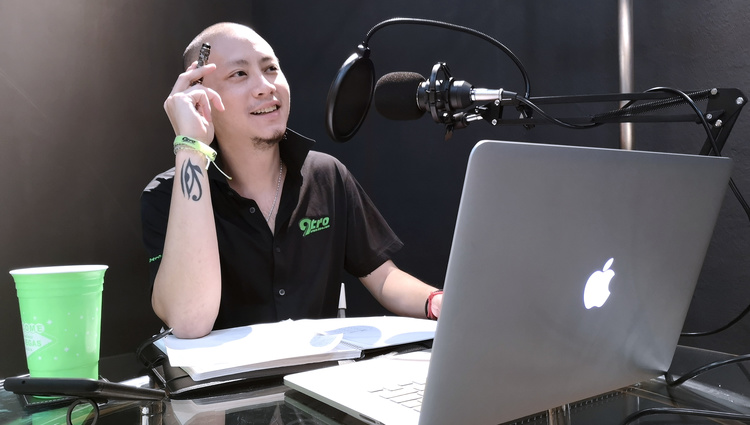
The Covid-19 crisis has prompted many to reconsider and explore how global economies, businesses, and societal cultures operate. As some economists have coined, this ‘Great Reset’ will play a part in changing the subculture we all love.
I am confident the automotive landscape in 2030 will be dramatically different with the advent of autonomous driving and the incentivization for electric vehicle ownership. Not to mention the infrastructural development, new policies on long-term sustainability, and the need for reductions in carbon emissions.
A lot may happen in a decade. We have to remember that it wasn’t that long ago, when New York (USA) roads were primarily filled with horse-drawn carriages.
However, within a decade or so, they were almost replaced entirely with motorized cars. Likewise, just a decade ago, Instagram was barely three-months-old.
This article was first published in Motorist.